Forklift clutch problems are common issues that can significantly affect the performance and safety of your equipment. From difficulty engaging the clutch to full system failures, these problems can lead to downtime and costly repairs if not addressed promptly. Forklifts play an essential role in many industries in Houston and Humble, and keeping them in optimal condition is vital for maintaining business operations.
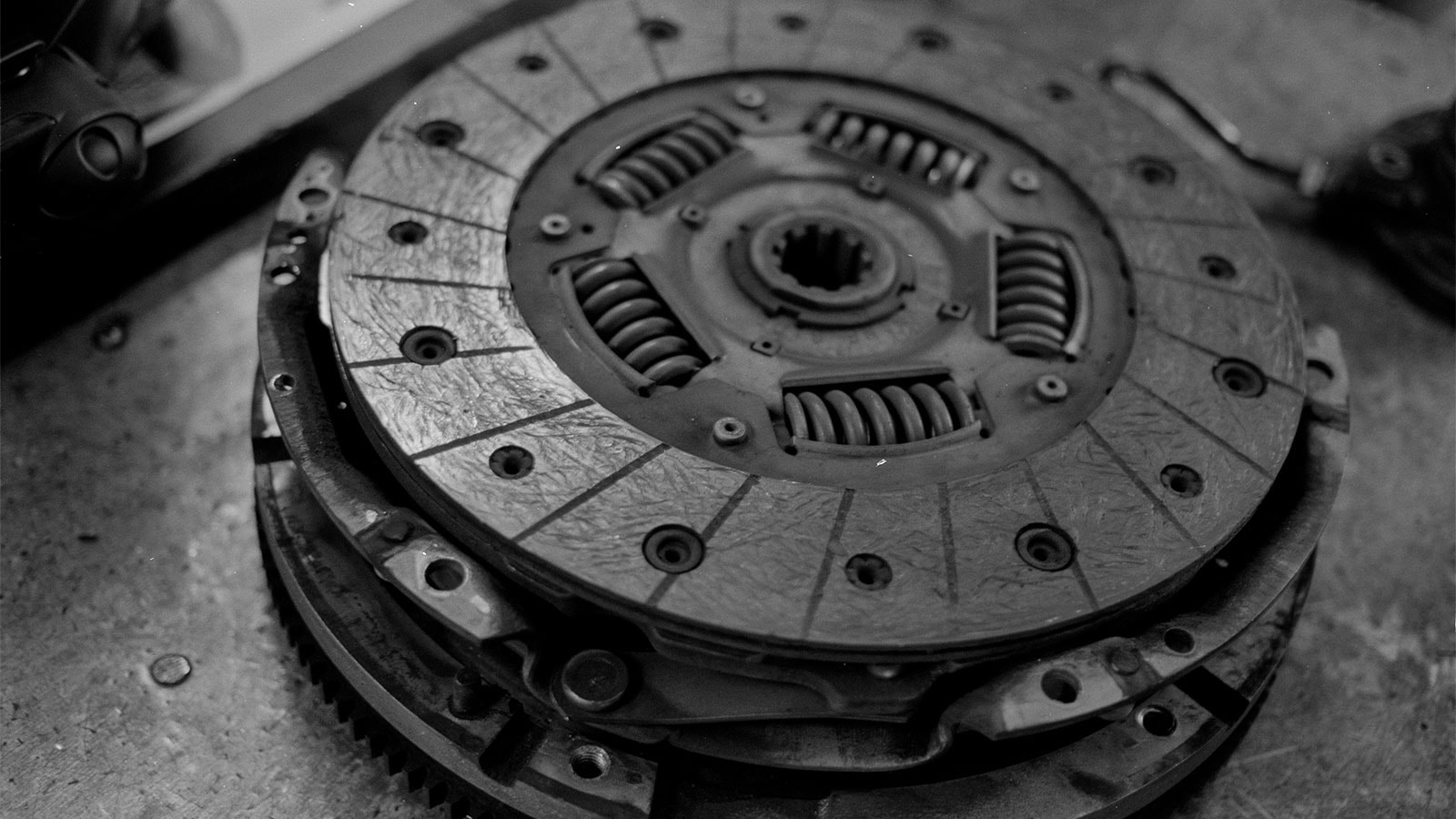
At Upright Forklift Repair, we understand the importance of reliable machinery. That’s why we specialize in diagnosing and repairing common forklift issues, including clutch problems, with expert solutions tailored to our clients’ needs. We offer comprehensive forklift repair services, preventive maintenance, and high-quality spare parts to ensure your forklifts remain in top working condition, reducing downtime and boosting operational efficiency for businesses throughout Houston and Humble.
Identifying Common Forklift Clutch Issues
Forklift clutch issues can develop gradually or appear suddenly, causing a range of operational challenges. Key indicators of clutch problems include difficulty in pressing the clutch pedal, unusual noises when shifting gears, or delayed clutch engagement. These issues can escalate, leading to poor transmission performance or even safety risks for forklift operators.
Three common contributors to clutch malfunctions are clutch pedal issues, hydraulic pump failures, and faults in the brake system integration. A stiff or unresponsive clutch pedal can signalhydraulic problems, such as low hydraulic fluid or a faulty pump. Brake system integration is also critical; leaks or worn-out brake components can interfere with clutch function.
Identifying these signs early through regular inspections can help prevent serious damage and costly repairs. Understanding common forklift clutch problems and how to repair them is crucial for maintaining forklift performance and safety in demanding work environments.
Clutch Pedal Problems and Solutions
A hard-to-press or unresponsive clutch pedal is a common issue that often points to problems within the hydraulic system. When the clutch pedal becomes difficult to press, it typically indicates either low hydraulic fluid levels or a failure within the hydraulic pump, which is responsible for transmitting pressure to engage the clutch. If left unchecked, these issues can escalate, leading to clutch engagement problems and potential safety hazards.

One simple solution is to adjust the clutch pedal free stroke—the distance the pedal moves before the clutch engages. Proper adjustment can restore smooth clutch operation. Another essential step is to check for any fluid leaks or low levels of hydraulic fluid, as insufficient or contaminated fluid can severely affect clutch performance.
Additionally, worn friction plates—the components that help the clutch engage smoothly—can contribute to clutch issues. Replacing these worn parts can dramatically improve the clutch’s responsiveness and extend the lifespan of your forklift. At Upright Forklift Repair, we provide thorough inspections and timely repairs to ensure these problems don’t lead to major downtime for your business.
The Role of Hydraulic System Failures in Clutch Performance
The hydraulic system is a crucial component in the operation of a forklift’s clutch. The hydraulic pump supplies the necessary pressure to engage and disengage the clutch, making smooth gear transitions possible. If the hydraulic system fails, the clutch will not engage properly, leading to operational issues such as hard-to-press pedals or failure to shift gears.
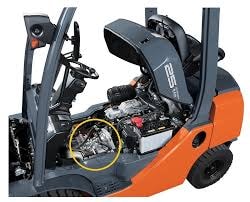
One of the most common causes of hydraulic system failure is low or contaminated hydraulic fluid. Over time, hydraulic fluid can become dirty, reducing its effectiveness. Contaminated fluid not only hinders clutch performance but can also damage internal components, leading to costly repairs. Leaks in the hydraulic system can also lower fluid levels, causing the clutch to feel spongy or unresponsive. Regular hydraulic system checks, including fluid levels and condition, are essential to prevent these problems from escalating.
At Upright Forklift Repair, we emphasize the importance of routine maintenance, such as checking for leaks and ensuring that hydraulic fluid is free from contaminants. Addressing these issues early can prevent more serious hydraulic pump failures and keep your forklift running smoothly.
Brake System Integration with Clutch Operation
The brake system and clutch operation are tightly integrated in forklift performance, especially for safety. If either system malfunctions, it can affect the forklift’s ability to operate efficiently and safely. The master cylinder, which controls brake fluid flow, is one of the key components that link the brake system to clutch performance. If the master cylinder fails, it can compromise the clutch’s ability to engage properly.
Common issues like brake fluid leaks can directly impact the clutch’s functionality, as both systems often share hydraulic pressure. Leaks in brake lines or low brake fluid levels can lead to poor clutch performance or even failure to engage gears. Additionally, worn brake pads increase the strain on both the brake and clutch systems, potentially causing premature wear of clutch components.
Regular inspections of the brake system are essential to ensure both the clutch and brakes are working in harmony. At Upright Forklift Repair, we perform thorough brake system checks, including fluid level assessments and master cylinder functionality, to prevent problems that can hinder clutch performance.
Transmission and Drivetrain Problems Affecting Clutch
The transmission and drivetrain are other critical systems that directly influence the performance of a forklift’s clutch. Issues with either system can lead to clutch problems, such as difficulty shifting gears or sudden power loss during operation. Low transmission fluid levels can cause the gears to grind, and worn-out drivetrain components can prevent the clutch from fully engaging.
Transmission problems are often the result of insufficient or dirty transmission fluid, which can reduce the efficiency of gear transitions and strain the clutch. Over time, the drivetrain may also develop issues, such as worn-out axles, which affect the overall powertrain, leading to poor clutch performance.
Preventing these issues requires regular maintenance of the transmission and drivetrain systems. This includes checking transmission fluid levels and inspecting drivetrain components for wear and tear. At Upright Forklift Repair, we provide comprehensive maintenance services to prevent major transmission and drivetrain problems, ensuring your forklifts continue to operate efficiently without sudden clutch failures.
Troubleshooting and Repairing Forklift Clutch Problems
Effective troubleshooting of forklift clutch problems requires a systematic approach. At Upright Forklift Repair, we begin by inspecting key components such as the clutch plates, hydraulic pump, and pressure plate. If any of these parts are worn or malfunctioning, they can cause clutch engagement issues or make the clutch feel unresponsive.
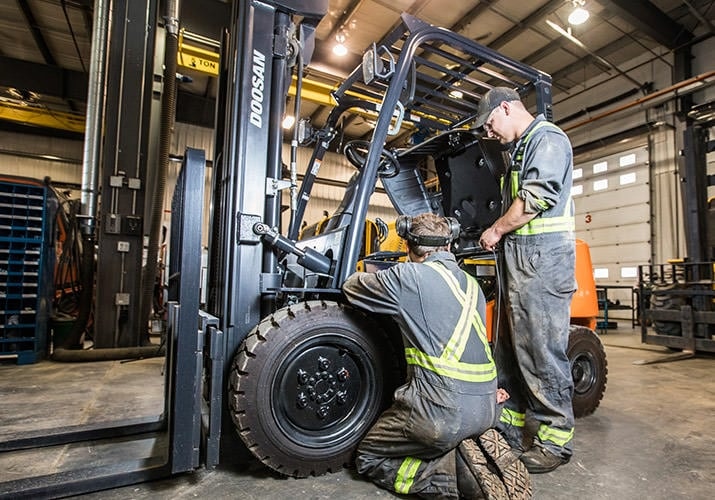
We use advanced diagnostic tools to conduct in-depth assessments, pinpointing the root cause of the issue. Whether it’s a problem with the clutch pack or a hydraulic system failure, our technicians have the expertise to identify the fault accurately. For instance, if the pressure plate is worn, we recommend replacement to restore optimal clutch performance.
Repairing clutch problems can range from simple adjustments, such as tightening hydraulic connections, to more complex solutions like component overhauls or replacing damaged hydraulic hoses. In some cases, fixing transmission issues may also resolve the clutch problem, as these systems are interdependent. Our team is equipped to handle all these repairs, ensuring that your forklift returns to peak operational efficiency with minimal downtime.
By focusing on both preventive maintenance and precise repairs, Upright Forklift Repair helps businesses avoid extended downtime and costly breakdowns. Routine inspections and prompt repairs are the key to extending the life of your forklift’s clutch system.
Importance of Preventive Maintenance for Clutch Longevity
Routine preventive maintenance programs are essential for ensuring the longevity of your forklift’s clutch. Regular inspections and timely repairs help avoid major issues before they escalate into costly breakdowns. By conducting fluid checks, such as inspecting the hydraulic fluid and brake fluid levels, operators can identify potential problems early, like contamination or leaks, that may affect clutch performance.
Worn brake pads are another common issue that can strain the clutch system. Replacing brake pads and maintaining the drivetrain regularly ensures smooth operation and prevents unnecessary wear on the clutch. Without these precautions, forklifts may experience brake failure or drivetrain issues, leading to operational downtime. At Upright Forklift Repair, we provide regular inspections to catch these problems early, keeping your forklifts running efficiently.
How Hydraulic and Brake Fluid Maintenance Can Prevent Issues?
Regular fluid checks are vital to the performance of both the hydraulic brake system and the clutch. Low or dirty fluid can cause serious issues, such as a stiff clutch or difficulty engaging gears. Additionally, leaks in the brake system can result in a low brake fluid level, affecting both braking efficiency and clutch operation.
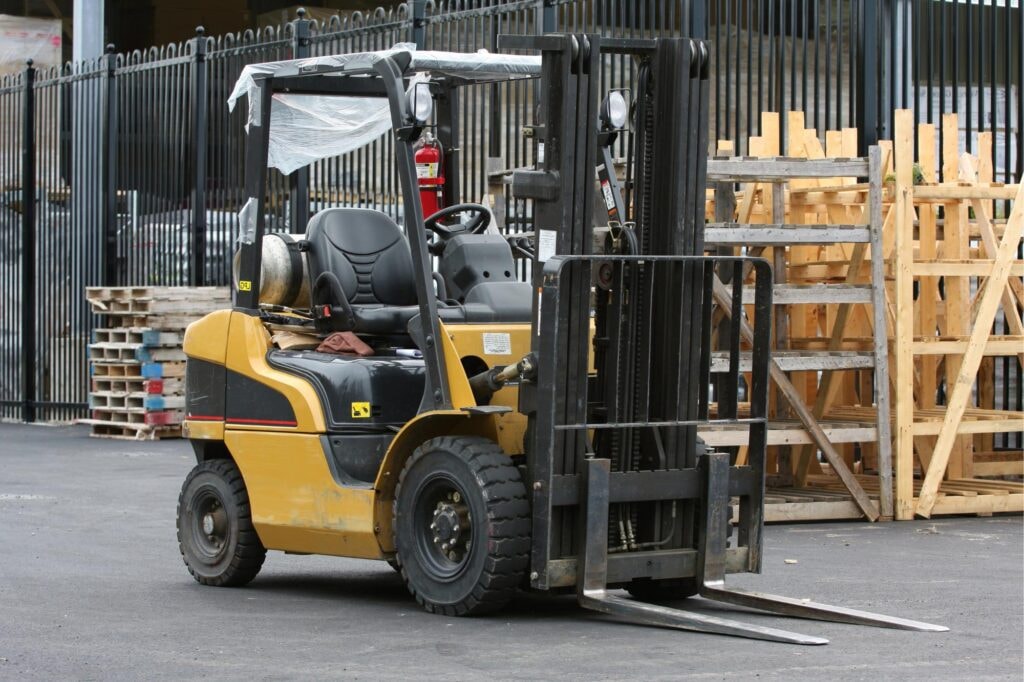
To prevent these issues, operators should schedule regular maintenance to check for contaminated fluid or fluid loss, ensuring optimal performance. Proper maintenance of hydraulic and brake fluids helps avoid costly repairs and ensures the smooth operation of your forklift.
Recognizing Early Warning Signs of Clutch Problems
Identifying early warning signs of clutch problems can save you from major repair costs. Unusual noises when shifting gears, vibrations during operation, or a forklift experiencing reduced lifting capacity are all key indicators that something may be wrong with the clutch. Additionally, signs of drivetrain problems, such as uneven power distribution or poor performance, often suggest clutch issues.
It’s important to conduct visual inspections to detect visible damage early on. Prompt repairs can prevent further damage and ensure your forklift stays operational without major interruptions.
Why Regular Forklift Maintenance Is Essential for Safety and Performance?
Regular forklift maintenance is critical for both safety and operational efficiency. When forklifts are not properly maintained, they can develop issues like brake failure or hydraulic system malfunctions, which can pose safety risks for operators. Regular checks on clutch, brake, and drivetrain systems help prevent these failures and ensure forklifts are functioning at their best.
By keeping your forklifts in top condition through scheduled maintenance, you also reduce the likelihood of sudden breakdowns that can disrupt your business. Proper care keeps forklifts operating safely while maximizing efficiency.
Expert Solutions for Smooth Forklift Clutch Operation
At Upright Forklift Repair, we offer expert solutions to ensure your forklift’s clutch operates smoothly. Our comprehensive services include regular maintenance, in-depth diagnostics, and prompt repairs, ensuring that your forklift’s performance remains at peak efficiency. From clutch repairs to hydraulic overhauls, our team is equipped to handle all types of issues.
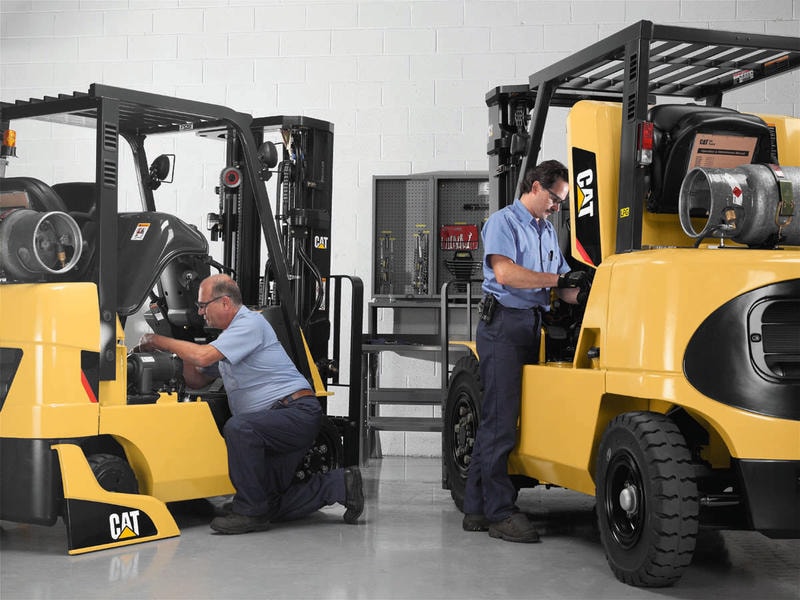
We proudly serve businesses in both Houston and Humble, offering specialized repair services to maintain the efficient operation of your forklifts. Whether you need preventive maintenance or urgent repairs, we’ve got you covered.
Call to Action
Regular maintenance is key to ensuring clutch longevity and keeping your forklifts running smoothly. Don’t let small issues turn into major repairs—trust the experts at Upright Forklift Repair. For professional forklift repair services in Houston and Humble, contact us today to keep your equipment in top shape. Let us provide you with expert solutions for all your forklift repair and maintenance needs.
